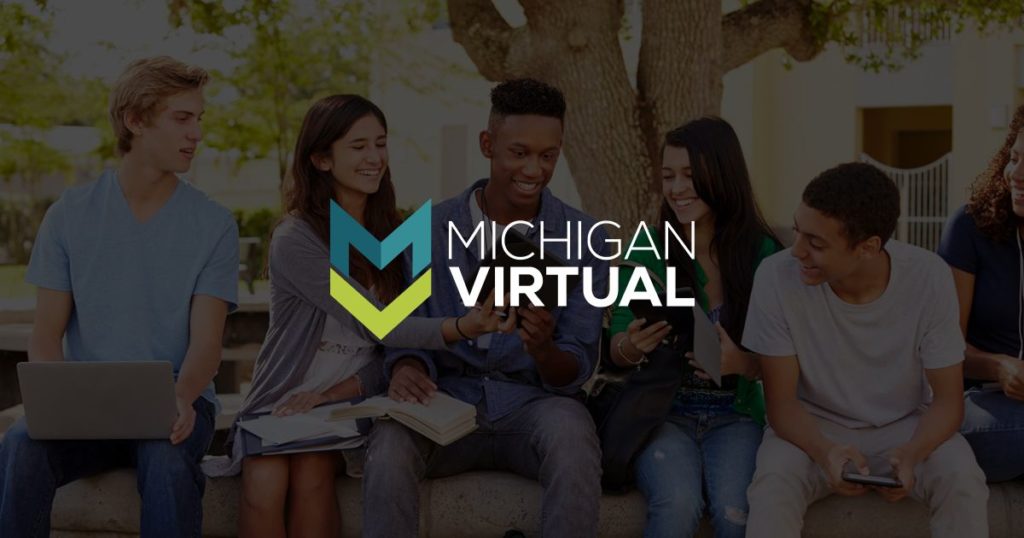Michigan Virtual unveils bold 2025-2030 Strategic Plan for transforming education
LANSING, Mich. – Michigan Virtual, a leader in learning innovations, is sharing key tips for educators and schools to build off its new 2025-2030 Strategic Plan. This ambitious plan emphasizes three strategic priorities: driving educational change, broadening student pathways, and powering professional learning. These efforts aim to address Michigan’s urgent need for educational talent development and provide innovative, technology-driven learning solutions for students and educators alike. To support both students and educators, schools should look to:
- Adopt New Learning Models: Schools should explore innovative educational models like virtual internships and project-based learning to meet diverse needs.
- Expand Career Pathways: Focus on integrating flexible, real-world learning experiences to prepare students for life beyond school.
- Prioritize Professional Development: Invest in flexible learning opportunities to stay current with trends in education technology.
- Foster Collaborative Networks: Engage with partners such as Michigan Virtual to introduce and scale system-wide transformations.
- Leverage Technology: Use AI and other tech tools to create personalized, high-touch learning environments that enhance student engagement.
“As Michigan Virtual planned for the future, we engaged with school and district leaders who emphasized the need for a trusted partner in navigating educational innovations,” said Michigan Virtual President & CEO Jamey Fitzpatrick. “Our goal is to help schools ensure the best possible outcomes for their students while supporting their teams with the latest in curriculum innovations, industry standards, and professional development.”
To support the feedback Michigan Virtual received from stakeholders, the new strategic plan outlines key objectives over the next five years designed to help Michigan educators and schools meet the needs of a changing educational and technology landscape. These objectives include partnering with at least 400 learning communities to test, adopt, or scale new educational models; expanding college and career readiness enrollments from 4,000 to 8,000 or more annually, including launching at least 15 new student-facing educational offerings or services; and doubling provided training hours from 750,000 to 1.5 million to meet the state’s growing need for highly skilled educators.
Michigan Virtual will be working with schools and districts to implement these new priorities. For more information on Michigan Virtual’s 2025-2030 Strategic Plan, visit michiganvirtual.org/strategic-planning.


